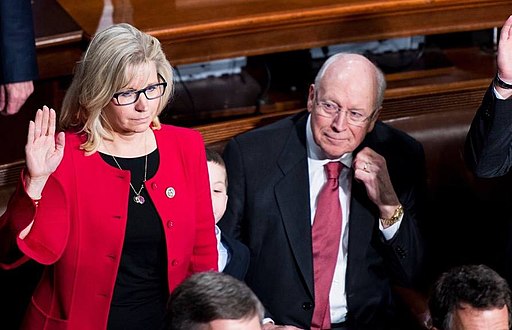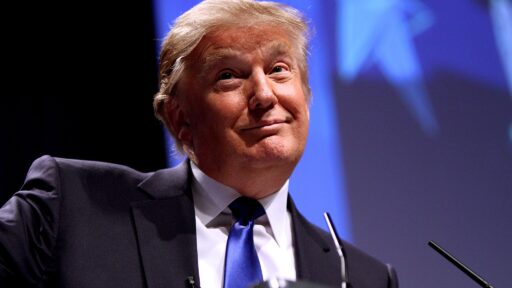McConnell’s Replacement Revealed?
As Senate Republicans prepare for a pivotal leadership transition following Mitch McConnell’s long tenure, they are crisscrossing the nation to support their colleagues ahead of a crucial secret ballot set for November 13. The outcome of this election could significantly shape the GOP’s direction for years to come, particularly if Republicans secure a majority in the upcoming elections.
John Thune of South Dakota, McConnell’s current number two, and Texas’s John Cornyn, who held that role before him, are the front-runners in this race. Both men are well-regarded within the party and have pledged to move beyond McConnell’s era while maintaining a commitment to traditional Republican values. Despite their similarities, some GOP senators are still weighing their options, with Florida Senator Rick Scott also in the mix, creating a dynamic atmosphere as each seeks to carve out their unique appeal.
Interestingly, the influence of Donald Trump looms large over this leadership race. Both Thune and Cornyn have expressed support for Trump’s presidential campaign, and speculation surrounds whether the former president will endorse one of the candidates. Such an endorsement could sway undecided senators and mobilize Trump’s base, though some GOP senators advise caution. For instance, Senator Thom Tillis emphasized the delicate nature of Senate dynamics, suggesting that a Trump endorsement might complicate relationships within the chamber.
Both Thune and Cornyn have been active fundraisers, traveling extensively to bolster fellow Republican candidates. Thune alone has reportedly raised over $31 million this cycle, reflecting a deep commitment to strengthening the GOP’s presence in the Senate.
On policy matters, Thune and Cornyn are generally aligned with the party’s mainstream positions, although they have occasionally engaged with Democrats on critical issues. For instance, Cornyn has played a significant role in bipartisan efforts around gun legislation, while Thune’s previous chairmanship on the Senate Commerce Committee has showcased his willingness to collaborate across party lines.
Yet, both candidates face a challenge in winning over a growing faction of Republican senators who have expressed dissatisfaction with McConnell’s leadership style, particularly regarding issues like Ukraine aid and Trump’s influence. Senators like Josh Hawley have made it clear that they seek assurance on how new leadership would engage with the broader Republican agenda and work with Trump if he regains the presidency.
In an effort to address these concerns, Cornyn has suggested that term limits for the leadership position be considered, highlighting a desire for greater engagement within the caucus. While some candidates have issued demands for reforms, both Thune and Cornyn appear cautious about making drastic changes that could undermine the leadership structure.
As the GOP navigates this leadership transition, the stakes could not be higher. The upcoming election results will undoubtedly shape the Senate’s future and could redefine what it means to lead the Republican Party in the years to come.






